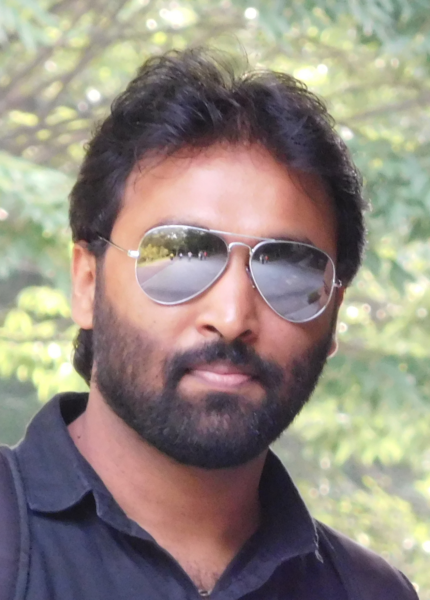
 What is your position or role in the DESI project?
What is your position or role in the DESI project?
I am a postdoctoral researcher at the Korea Astronomy and Space Science Institute.
My main research topic is large-scale clustering analysis, with a special focus on Baryon Acoustic Oscillations (BAO).
Where were you born?
I was born in Madras (now Chennai), the capital city of the state of Tamilnadu, in India.
Fun fact: The Marina beach in Chennai is considered the world’s second longest urban beach!
Where do you live now?
I currently live in Daejeon, which is South Korea’s fifth-largest metropolis.
Fun fact: Daejeon has earned its name as “Asia’s Silicon valley”.
What do you do as part of DESI?
The DESI part of my work involves analyzing the large-scale clustering from DESI like simulations. Each object that will be observed via DESI will be assigned a “priority”. I am, in particular, trying to find out the effects that these “priorities” will have on the large-scale clustering. I am also working on trying to recover the BAO signal from photometric catalogues and compare it’s accuracy with the same obtained from spectroscopic catalogues.
What is the most interesting or exciting thing about DESI?
From my perspective, as a junior scientist, being part of DESI gives me the opportunity to meet and discuss my work with many veterans and influential people from my field. From a scientific perspective, the fact that DESI will be covering 14,000 square degrees and going to deeper redshifts gives all cosmologists a hope that the influence of dark energy on the expansion history of the Universe can be studied in more detail than ever before.
What do you do for fun?
I am an avid football (my fellow Americans, it’s not soccer!) and cricket enthusiast. Hindu philosophy and archaeology are some of my other interests.